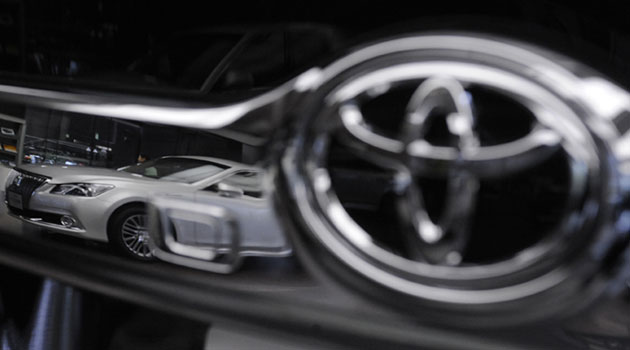
He said the firm is also looking into the prospects of limited manufacturing of motoring components/XINHUA-File
NAIROBI, Kenya, Jul 6 – Toyota Kenya has plans to assemble more car models locally in the coming future.
Toyota Kenya Chairman Dennis Awori says that the Japanese car manufacturer is doing research in collaboration with the government to see what other models to assemble in the country.
He said the firm is also looking into the prospects of limited manufacturing of motoring components.
“Currently we are assembling the Land Cruiser pick up, Hino trucks and buses as well as Yamaha motorcycles,” he stated.
The move is expected to improve Toyota Kenya’s market share in the local market.
Awori reiterated Toyota Kenya’s commitment to support and grow local auto business by aggressively expanding branches and appointing authorised dealers to ensure availability of spare parts and ease customers reach to repair services.
The firm recently introduced the all-new generations of Toyota Hilux and Toyota Fortuner.
The Toyota goes into its 8th generation while the Fortuner SUV begins its second generation.
The firm says the new models come with fresh new designs, new technology and better performance.
Recent data from Kenya Motor Industry (KMI) shows that the number of locally assembled vehicles dropped 35.2 per cent in the first three months of the year.
Motor assemblers cut their output to 1,600 units in the year to March, down from 2,472 in a similar period of 2015 and 2,040 units a year earlier.
This is attributed to high interest rates, stringent lending terms and expensive cars due to a weak shilling against the dollar that have cut demand for new vehicles.


































